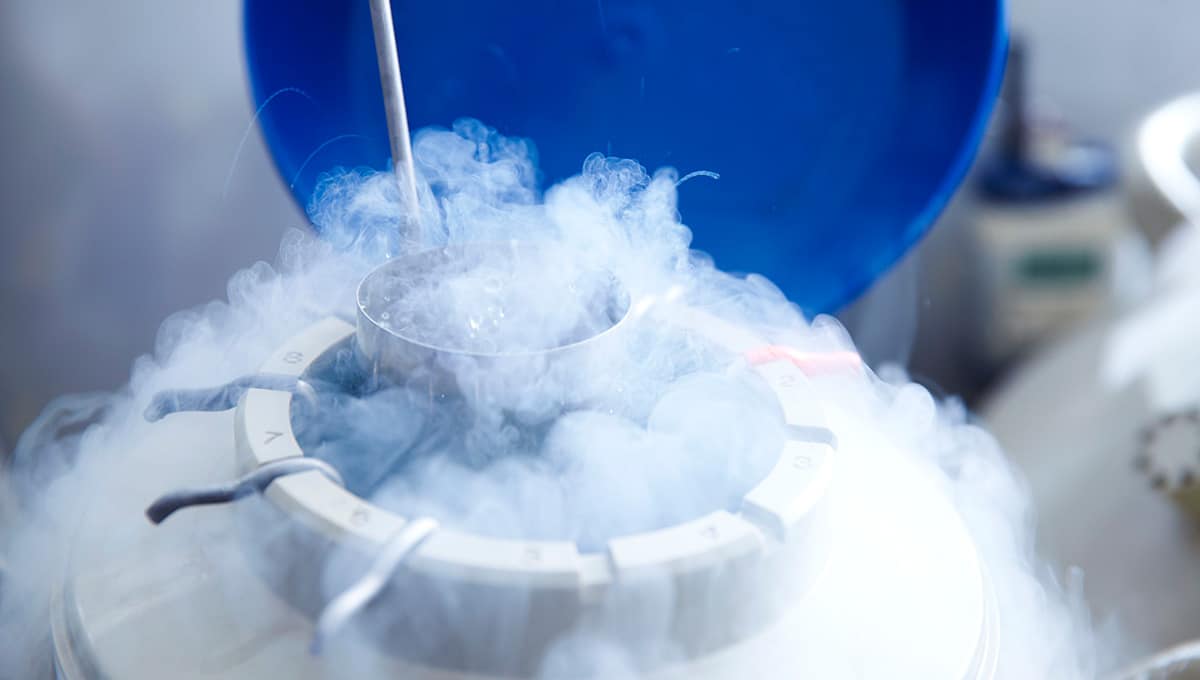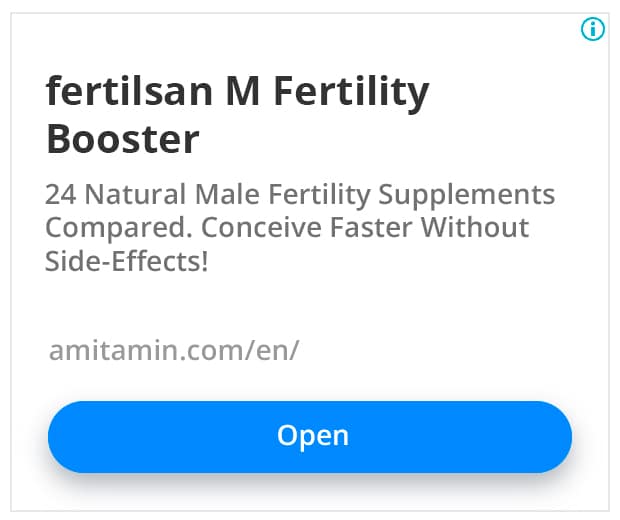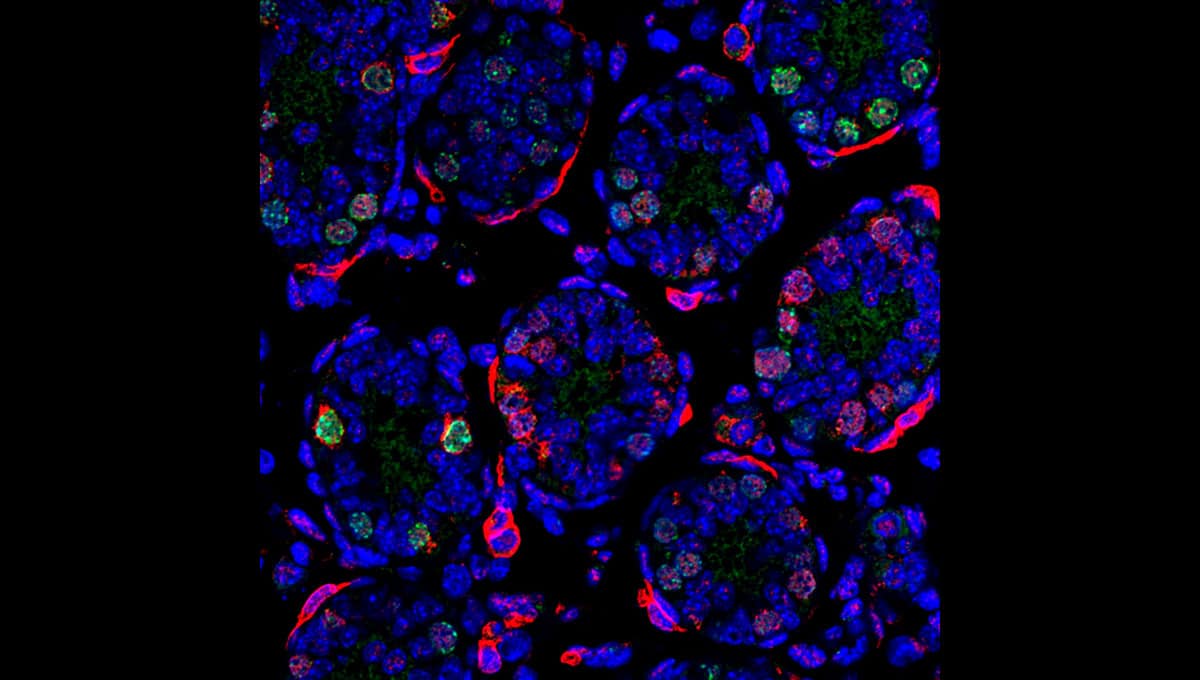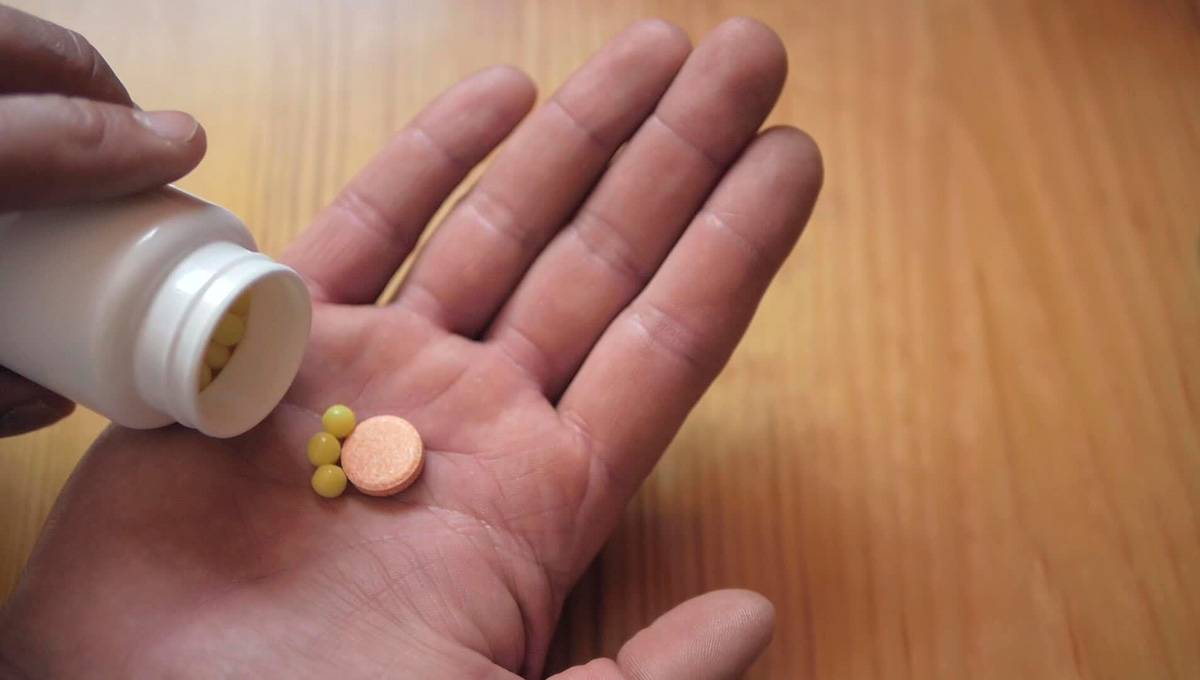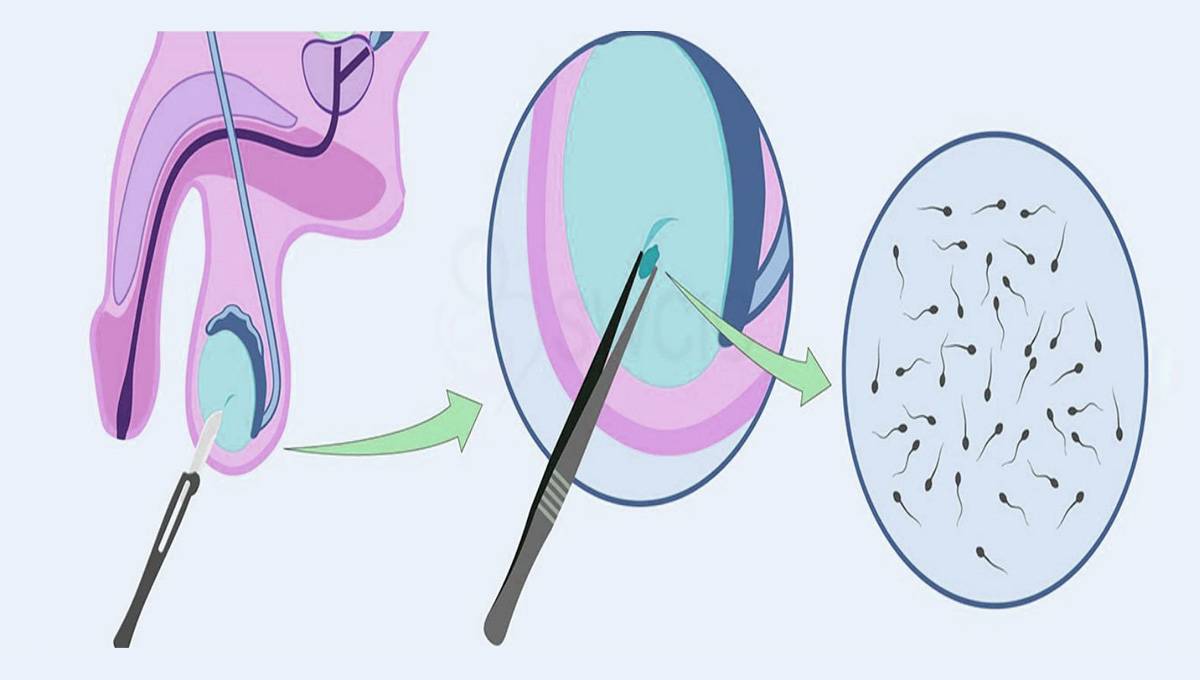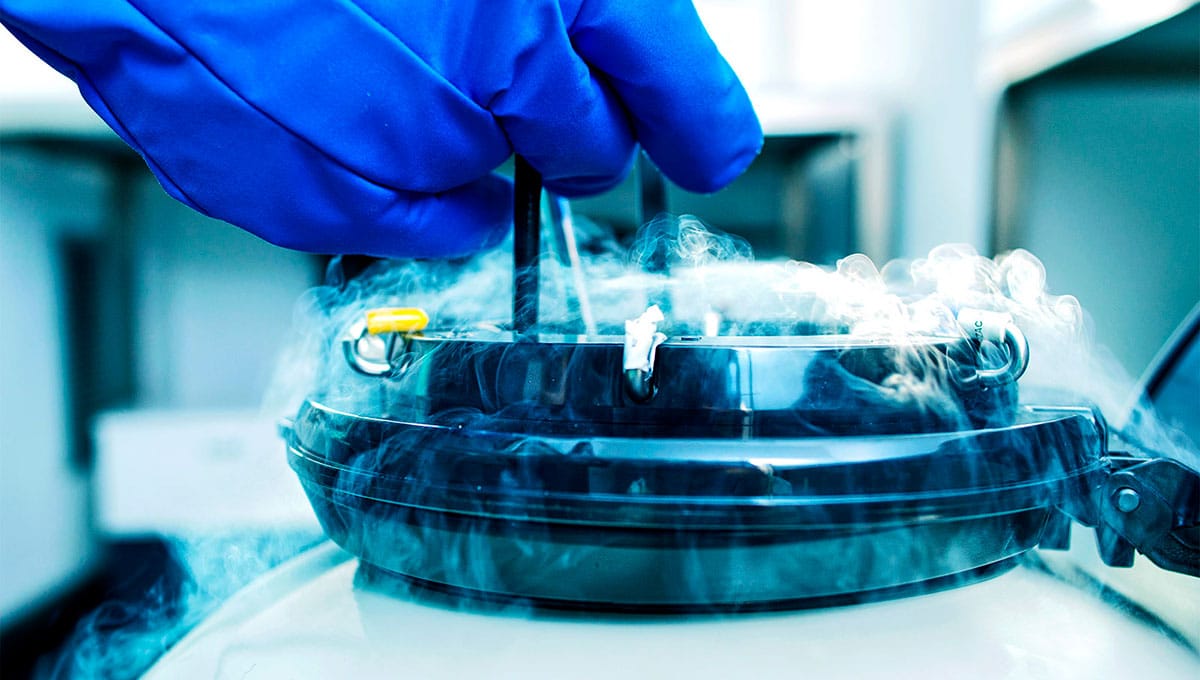What is egg freezing?
Egg freezing is also called oocyte cryopreservation. This process involves collecting a woman”s eggs and freezing them. This preserves her fertility until a later date when the eggs can be thawed and used.
Who would benefit from this procedure?
- Women who have a medical condition which could affect their fertility in the future.
- Women who are having treatment which will affect their fertility, for example radiotherapy for cancer.
- Women undergoing gender reassignment. This is because sex change procedures can partially or fully reduce fertility.
- Women who want to undergo social or elective egg freezing. If you are not ready to have children or have not found the right partner yet, this could be a good way to buy time. When you are younger, your eggs are better in terms of quality and quantity. This means that you have a higher chance of becoming pregnant. Therefore some women freeze their eggs when they are in their prime until they are ready to have children in the future.
How does egg freezing work?
Step 1: Testing
Doctors will test your ovarian reserve to determine the quality and quantity of your eggs. You will also undergo tests for infectious diseases including HIV. The results do not affect whether you can store your eggs. Scientists just need to know so that they can store your eggs properly to avoid contaminating other samples 1 Human Fertilisation and Embryology Authority. Egg Freezing. Internet. 2018. Available from: https://www.hfea.gov.uk/treatments/fertility-preservation/egg-freezing/.
Step 2: Egg maturation
This is the same as the beginning of the process for IVF. Your doctor will give you medicines to encourage your eggs to develop.
Step 3: Egg collection
This straightforward procedure happens under sedation or general anaesthetic. Ideally, doctors will collect around 15 eggs.
Step 4: Preparing the eggs for freezing
Doctors mix the egg cells with a cryoprotectant. This protects them from being damaged by ice crystals during the freezing process. The cryoprotectant replaces the water in the cells.
Step 5: Freezing
There are two methods called slow-rate freezing and vitrification. Vitrification is a faster method which uses higher concentrations of cryoprotectants and this has achieved better results. This is because it is a rapid cooling technique which quickly lowers the temperature without causing ice crystals to form in the fluid inside the egg cells2 IVI. A Quick Guide To Egg Vitrification. Internet. 2017. Available from: https://www.ivi.uk/blog/a-quick-guide-to-egg-vitrification/. In slow-rate freezing, it is more likely that ice crystals will form in the egg cells which can damage the genetic information.
www.amitamin.com/en/fertilsan-m New life deserves the best possible start!We provide the essential building blocks for this.
Step 6: Storage
Scientists store the eggs in tanks of liquid nitrogen usually for 10 years, although this can be longer under certain circumstances.
Step 7: Using the eggs when you are ready to have a child
The eggs are thawed. Not all eggs will survive the freezing process, and the ones that do are fertilised with sperm from your partner or a donor. This happens in a process called Intracytoplasmic Sperm Injection (ICSI). Doctors use this method instead of IVF because the freezing process makes the outer layer of the egg cells harder for the sperm to penetrate. After this, doctors place the resulting embryo inside the uterus.
What are the chances of success?
There is limited data for this as not many women have thawed their eggs yet. Since 2010, only 471 babies have been born from frozen eggs in the UK (1). But the preliminary results are promising.
Vitrification is a newer freezing method with better results. The success rates for this method were just 2% lower than standard IVF in 2016 (1).
How much does egg freezing cost?
The cost of this procedure can vary according to the clinic and your location. In the UK the price of collecting and freezing your eggs can be between £2500 and £5000. On top of this, you will need to pay for storage costs. These can be between £150 and £400 per year (1).
Depending on your reasons for freezing your eggs, you might be eligible for help with funding. Make sure you check this with your doctor and local services.
Is it a good option for me?
This is a good choice for women who want to preserve their fertility but do not have sperm from a partner or donor. The side effects from the fertility drugs are also usually very mild. However in rare cases women can suffer from severe Ovarian Hyperstimulation Syndrome (OHSS). The overstimulated ovaries can release chemicals into the bloodstream and this can be fatal3 Royal College of Obstetricians and Gynaecologists. Ovarian Hyperstimulation Syndrome. Internet. 2016. Available from: https://www.rcog.org.uk/globalassets/documents/patients/patient-information-leaflets/gynaecology/pi_ohss.pdf..
Additionally, scientists recommend that you freeze your eggs as early as possible, ideally by around the age of 35. This means that the eggs have a higher chance of success. Therefore for older patients this method is less likely to be effective.
Another important thing to bear in mind is the cost. This can vary significantly so it is worth doing your research and comparing clinics. Certain clinics will have package deals for multiple cycles and offers where you can pay a reduced price if you donate some of your eggs. This is also called “egg-sharing”. Make sure you get a fully costed treatment plan so that you are not caught out later by additional unexpected costs.
Ultimately your options will depend on your individual situation. You should discuss this with your doctor so that you can form a tailored approach to your treatment.

Dr. Jones is an experienced consultant in assisted reproduction.
He has worked as a Fertility specialist at Kingston Hospital Assisted Conception and nearly 10 years experience of working in Obstetrics and Gynaecology across hospitals in the UK.
He completed his Masters in Assisted Reproduction Technology and then his PhD, from Imperial College London. Dr. Jones main areas of interest are Single Embryo Transfer, Endometriosis, PCOS and Implantation failure in IVF patients. He is a member of the British Fertility Society and an associate member of the Royal College of Obstetrics and Gynaecology.
Bibliography
- 1Human Fertilisation and Embryology Authority. Egg Freezing. Internet. 2018. Available from: https://www.hfea.gov.uk/treatments/fertility-preservation/egg-freezing/
- 2IVI. A Quick Guide To Egg Vitrification. Internet. 2017. Available from: https://www.ivi.uk/blog/a-quick-guide-to-egg-vitrification/
- 3Royal College of Obstetricians and Gynaecologists. Ovarian Hyperstimulation Syndrome. Internet. 2016. Available from: https://www.rcog.org.uk/globalassets/documents/patients/patient-information-leaflets/gynaecology/pi_ohss.pdf.
